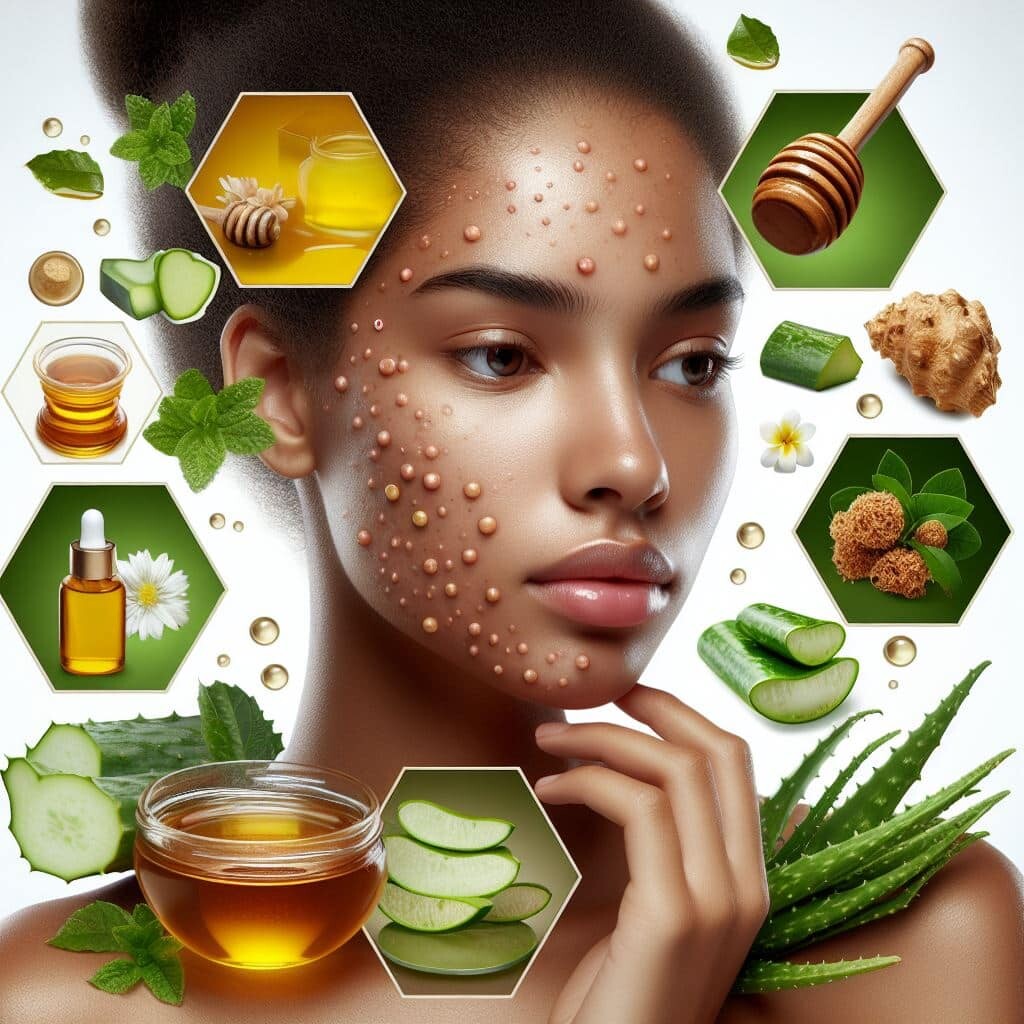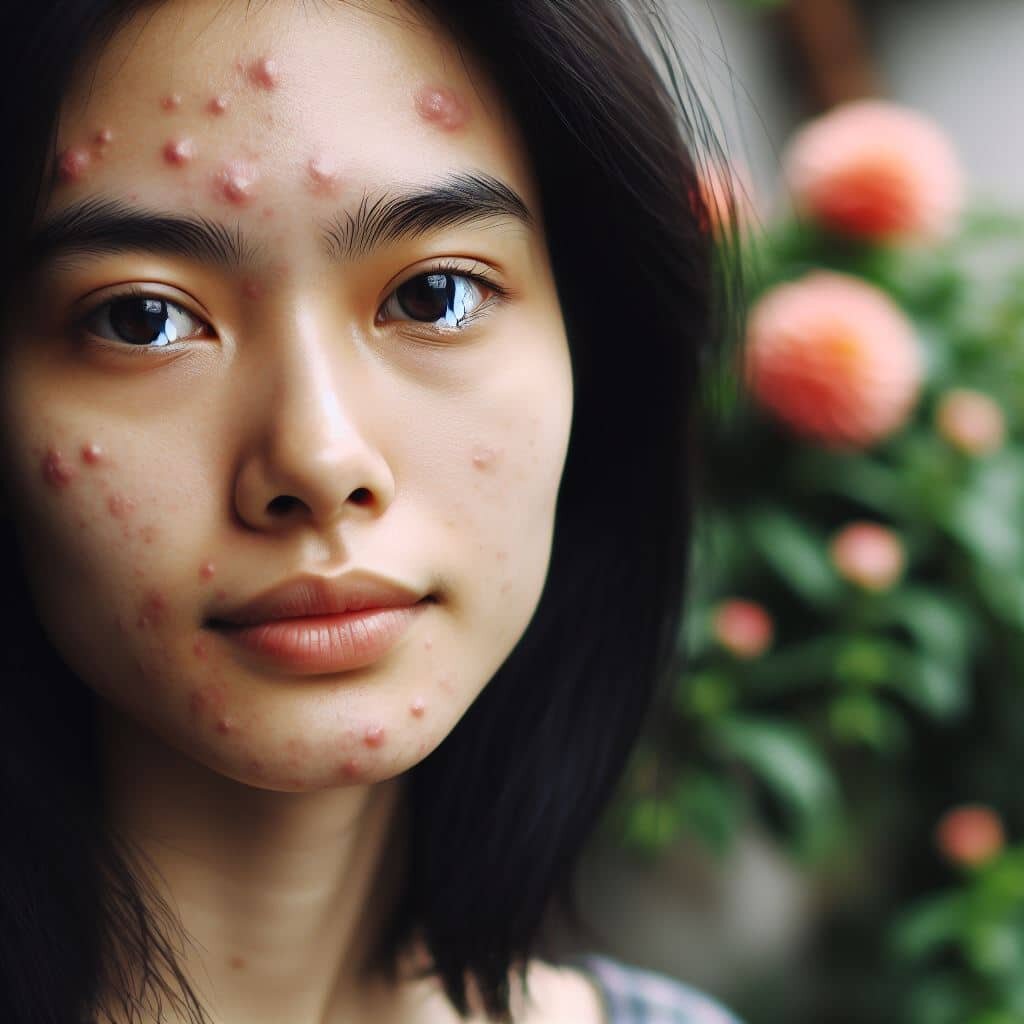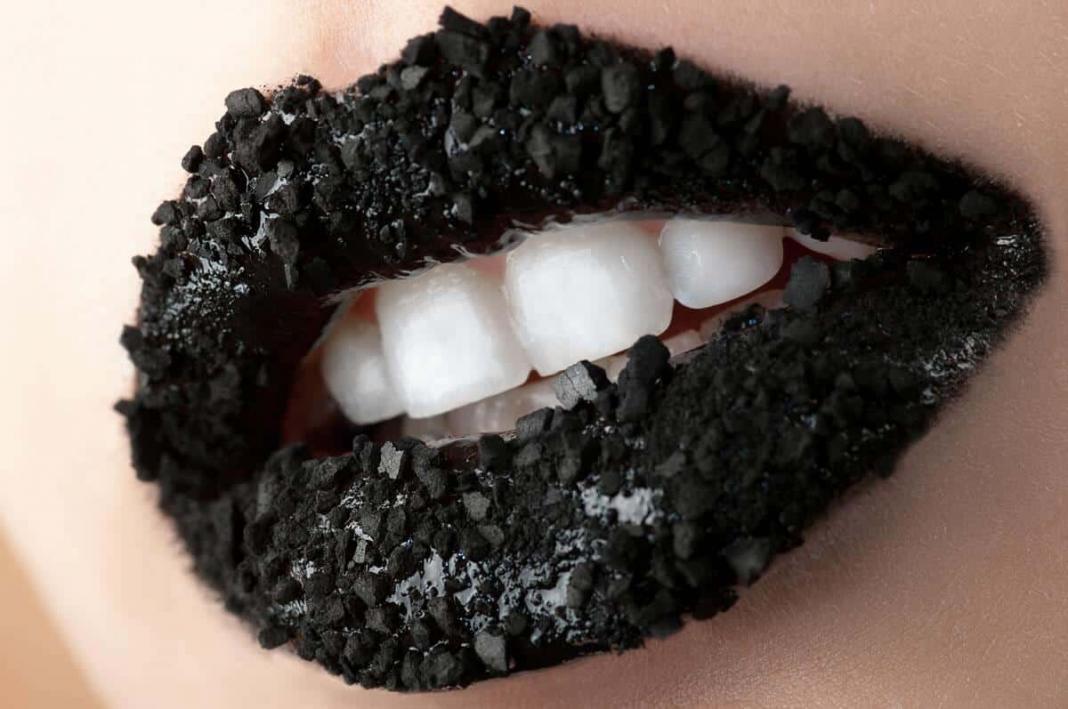Acne is a common skin condition that affects millions of people worldwide. It occurs when the pores of the skin become clogged with oil, dead skin cells, and bacteria, causing inflammation and pimples. Acne can affect anyone, but it is more common in teenagers and young adults due to hormonal changes. Acne can also be triggered or worsened by factors such as stress, diet, medications, and skin care products.
Acne can cause physical and emotional distress, as well as scarring and discoloration of the skin. Fortunately, there are many treatments available that can help control acne and prevent its complications. In this blog post, we will review some of the most effective acne treatments that work for different types and severities of acne.

Over-the-counter products
For mild to moderate acne, you can try over-the-counter (OTC) products that you can buy without a prescription at pharmacies and drugstores. These products usually contain one or more of the following active ingredients:
- Benzoyl peroxide: This ingredient kills bacteria that cause acne, helps remove excess oil from the skin, and removes dead skin cells that can clog pores. It is available in strengths from 2.5% to 10%, but studies show that lower strength products are as effective as higher strength ones. Benzoyl peroxide can cause dryness, irritation, burning, and stinging of the skin, especially if you have sensitive skin. It can also bleach hair and clothing, so be careful when applying it.
- Adapalene: This ingredient is a retinoid that helps unclog pores and prevent new breakouts. It is available as a gel (Differin) at a strength of 0.1%. You should apply it in the evening, starting with three times a week, then daily as your skin gets used to it. Adapalene can cause dryness, scaling, and inflammation of the skin. You should avoid applying it to skin that has a cut, sunburn, or eczema rash. You should also use a nonoily moisturizer and sunscreen to protect your skin.
- Salicylic acid: This ingredient helps unclog pores and prevent new breakouts by promoting exfoliation of the skin. It is available in various forms such as lotions, gels, pads, and washes. Salicylic acid can cause dryness, irritation, and peeling of the skin.
When using OTC products for acne, you should follow the directions on the label carefully and be patient. It may take several weeks to see results. You should also avoid using more than one product at a time or combining them with prescription medications unless advised by your doctor.
Prescription medications
If OTC products do not work for you or if you have moderate to severe acne, you may need prescription medications from your doctor or dermatologist. These medications may include:
- Topical antibiotics: These are creams, gels, or lotions that contain antibiotics such as clindamycin or erythromycin that kill bacteria and reduce inflammation. They are usually combined with benzoyl peroxide to prevent bacterial resistance. They are applied once or twice a day to the affected areas.
- Oral antibiotics: These are pills that contain antibiotics such as tetracycline or doxycycline that kill bacteria and reduce inflammation. They are usually prescribed for moderate to severe acne that affects large areas of the body or does not respond to topical treatments. They are taken once or twice a day for several weeks or months.
- Topical retinoids: These are creams, gels, or lotions that contain retinoids such as tretinoin or tazarotene that unclog pores and prevent new breakouts by speeding up the turnover of skin cells. They are applied once a day in the evening to the affected areas. They can cause dryness, irritation, redness
While there are many conventional treatments for acne, such as topical creams, oral medications, and laser therapy, some people may prefer to try natural Acne remedies that are safer, cheaper, and more accessible. Natural remedies may also have fewer side effects and work better for some people than synthetic drugs.


